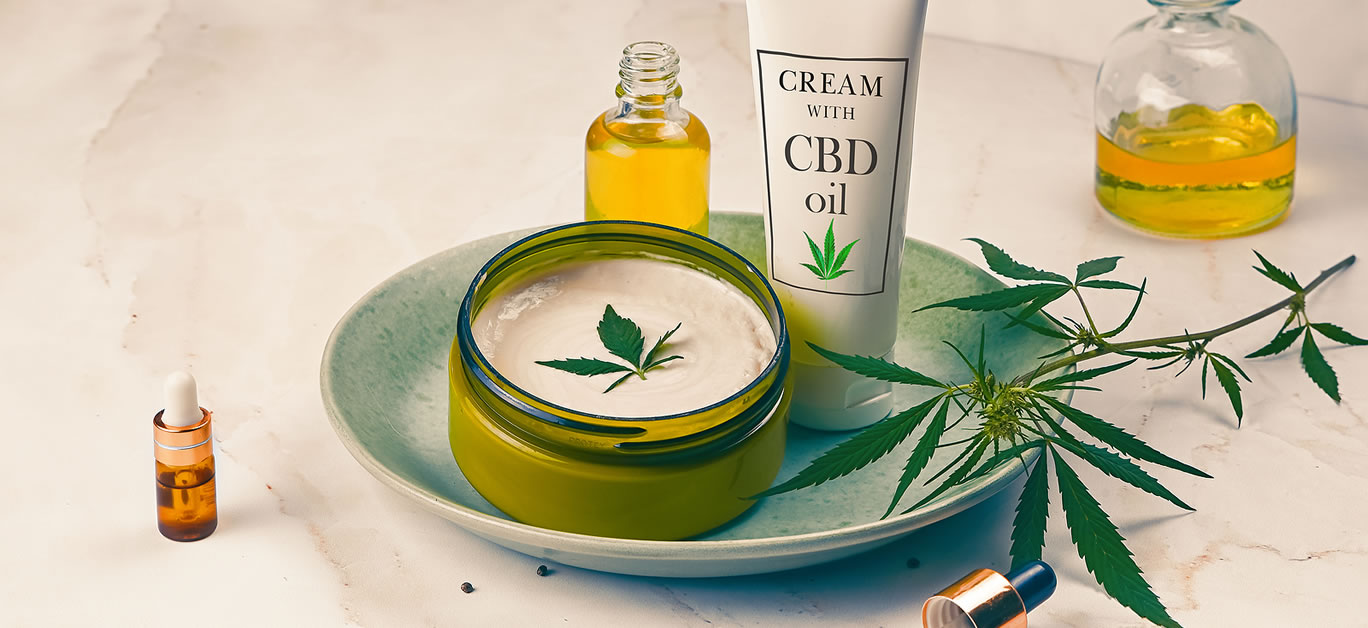Cannabidiol, or CBD, has become one of the biggest natural health trends in the world over recent years, and remains a front-runner in the alternative medicine market, having been shown to be beneficial in treating symptoms of everything from anxiety and depression to chronic pain, epilepsy, and even Parkinson’s.
Now widely available via health food shops and online stores across the UK and Europe, gone are the days when this health-boosting tonic was available only in its original oil form, and today, it can be found in everything from teas and edible gummies to chocolate, beer and biscuits. Suffice it to say, it’s never been easier to get your daily dose, even if you don’t like the taste – but now, we’re seeing a surge in interest for topical CBD products, too, as a growing body of research is starting to show just how beneficial it can be for our skin.
Luxury CBD brands have been quick to adapt to the increase in demand for topical products like facial moisturisers, lotions and body creams, and continue to clamour to create the very best CBD cream UK has to offer. Nevertheless, we’re already seeing some excellent products enter the market, and an increasing number of individuals, eager to put paid to frustrating skin concerns like acne, rosacea, redness, and even the early visible signs of ageing – are rushing to add them to their daily skincare routines.
But just what is all the fuss about? Here, we take a look at all you need to know about CBD, and why this all-natural, plant-based ingredient could have the power to give you your most flawless skin ever.
What is CBD?
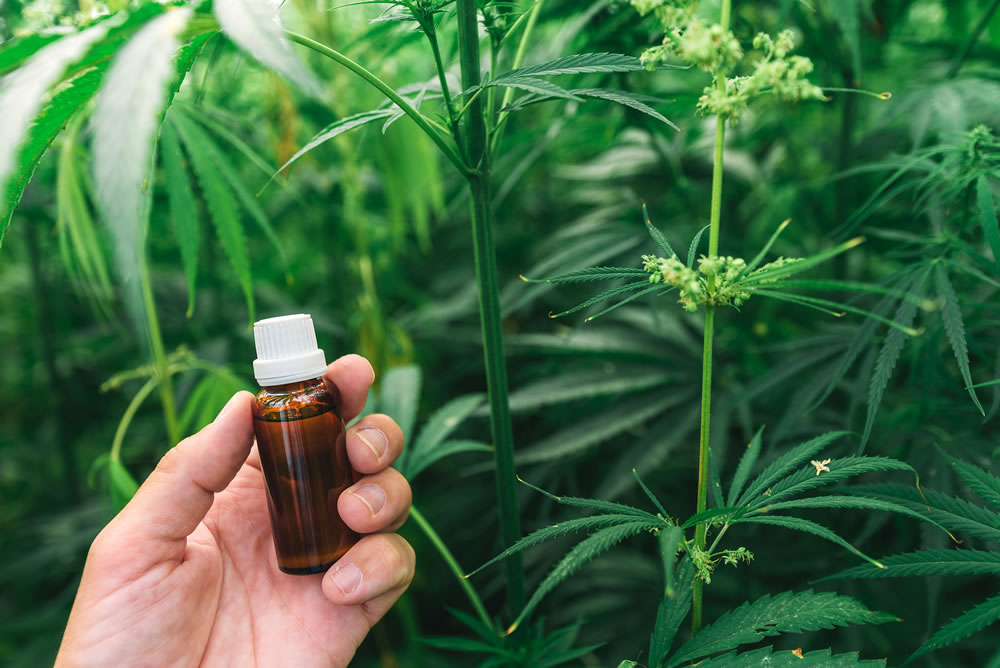
Cannabidiol, usually referred to as CBD, is one of the two major cannabinoids found in cannabis, accounting for up to 40% of the extracts from the plant. Unlike THC – Tetrahydrocannabinol, another derivative of the Cannabis Sativa plant – it is not a psychoactive compound, and so won’t produce a ‘high’ when consumed or used.
Just one of the hundreds of cannabinoid compounds identified in the plant, CBD has broken apart from the rest and has rapidly gained a reputation in holistic health circles due to growing awareness of its medicinal potential.
Cannabidiol does not bind particularly strongly to cannabinoid receptors in the body, but is a potent antagonist, preventing other cannabinoids like THC from binding to them and triggering their effects. Its neurological interactions are not entirely understood, which means research into its use for treating a wide variety of disorders, including anxiety, psychosis, and epilepsy, is ongoing. However, so far, the results have been decidedly promising.
Studies have shown that CBD can interfere with the functioning of the endocannabinoid system in humans in beneficial ways, leading to pain relief, even in diseases like multiple sclerosis or autoimmune disorders. Its stress-relieving properties have also contributed to improving heart health and lowering blood pressure, even when a person is placed in stressful situations – so it’s perhaps little wonder that, over the past eighteen months especially, it has become the go-to for many pandemic-exhausted users.
Cannabidiol for industrial or medicinal use is extracted from hemp, with many cannabis plants being grown especially with this purpose in mind. CBD products are almost always regulated by law and are not permitted to contain high levels of intoxicants. In the UK, for example, hemp cannot contain more than 0.2 percent tetrahydrocannabinol of any variety by dry weight.
What is a CBD Cream?
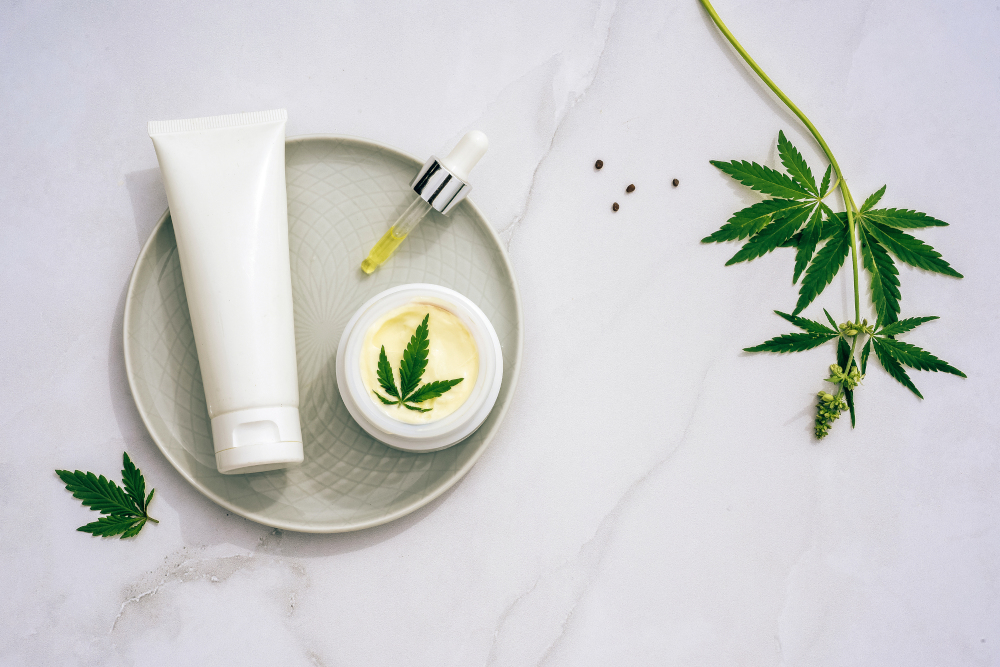
CBD is most commonly sold as oil suspensions for delivery to the consumer, with hemp seed oil and coconut oil most often used as the carriers. Cannabidiol is usually concentrated in the flowering tops or ‘buds’ of the plant and for topical application, is added into creams or lotions to be absorbed by the skin. Used in such a way, it can provide various localised benefits such as pain relief or the treatment of skin conditions like irritation, redness, eczema and acne.
3 of the best uses for CBD creams
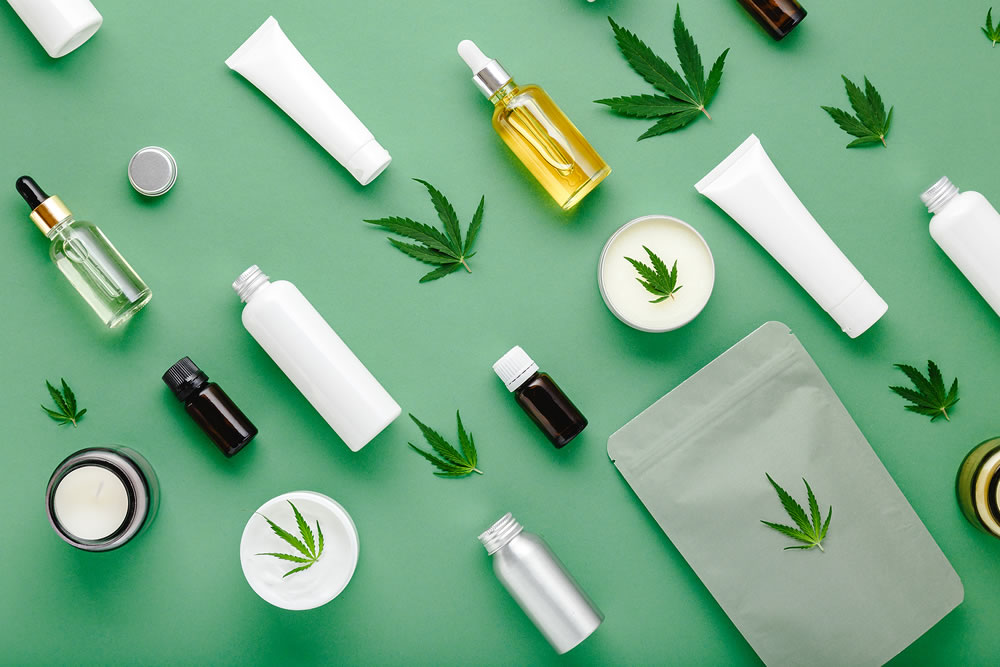
Skin infections
CBD has been proven to be incredibly helpful in treating various kinds of infections such as acne, jock itch, and seborrheic dermatitis due to its potent antibacterial and antifungal properties and its ability to amplify other antifungal agents such as the allied cannabinoids found in hemp plants. This is thought to be a self-defence measure evolved by the plant against pathogens, but makes it a particularly useful ingredient in treating such conditions.
If you suffer from any skin complaints yourself, then the regular application of Cannabidiol-infused creams or scrubs might just work wonders. However, it is prudent to be sceptical of any such product selling itself as medicinal, as it is not yet allowed in most jurisdictions to do so, and certainly not without proper licensing. Cannabinoids have also shown potential in managing chronic cases of diseases such as psoriasis and alleviating their symptoms to an impressive extent, which comes as a blessing to lifelong sufferers.
Skin health
Cannabidiol is also great for general skin health, with the power to control inflammation and immune response on skin cells and reduce autoimmune or inflammatory reactions that can cause issues like acne or lupus. Many formulations also contain nutrients like Omega-3 and Omega-6 fatty acids, which have been shown to be effective in rehydrating and rejuvenating the skin, leading to that coveted healthy glow.
And CBD’s benefits don’t end there. It can also regulate and free up blockages in sebum production, replenishing the body’s natural maintenance and immune mechanisms, including the acid mantle. Proper skin homeostasis is integral to many bodily functions such as thermoregulation, mechanical protection, and even immunity. The delicate balance of pH, fluid levels, hydration, and other factors maintains the surface microbiome, which helps keep skin health optimal and denies hostile pathogens room to proliferate, grow, and cause diseases.
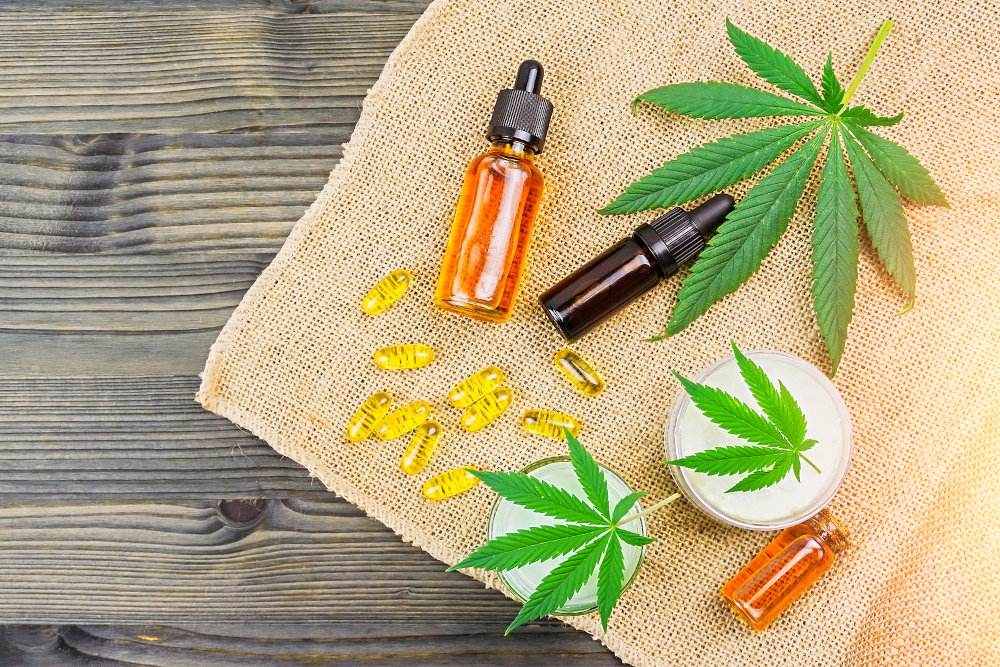
Pain relief
CBD creams are capable of being absorbed through the skin and affecting underlying tissues and organs. This means that CBD can be used effectively for topical pain relief, with cannabidiol able to penetrate muscles and joints and provide localised redressal of acute or chronic issues such as arthritis, sprains, tears, or other such injuries. CBD can also beneficially act on and reduce sensations of discomfort in conditions like migraines or neuropathic damage, especially in cases of diabetes.
A 2019 study has also shown its potential in treating jaw pain caused by injury to the mandibular ligaments or tendons. As a regulator of the endocannabinoid system, cannabidiol can have wide-ranging effects on neurotransmitters and nervous infrastructure throughout the body, leading to a wide range of holistic benefits that can help patients with multiple kinds of painful conditions.
The bottom line
There are many ways in which CBD creams can benefit you and potentially help to ease the symptoms of a variety of different health conditions – but for those suffering with ongoing skin complaints or simply looking to up-level their daily skincare regime, a CBD cream is a must.
The popularity of Cannabidiol is already sky-high, and with a growing body of research extolling its virtues and a plethora of new scientific studies currently underway, it’s likely it is only just getting started.
Though heavily stigmatised in the past, cannabis is increasingly being recognised as a source for effective – and non-psychoactive – plant medicine, and as long as your products are always sourced from reputable suppliers, you can be confident that you’re getting quality. Nevertheless, it’s wise to be aware that CBD is not without its side effects, so be sure to do your research and consult with a medical professional before adding it to your regime.












